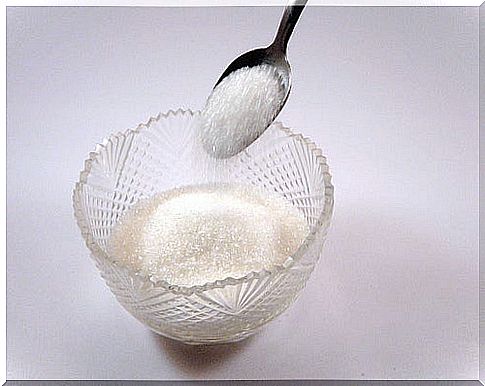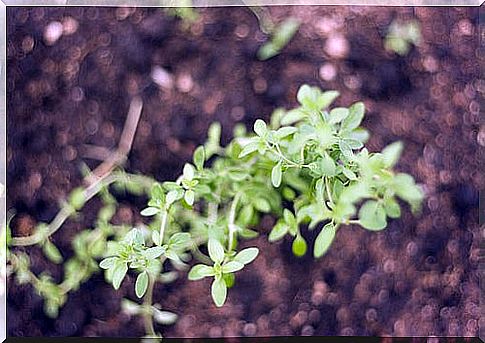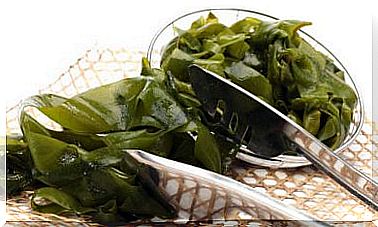Remedies For Chronic Boils
A boil is an inflammation of the skin caused by infection of a hair follicle and the surrounding subcutaneous tissue, usually by the bacteria Staphylococcus aureus . Sometimes several boils coalesce to form a more extensive lesion, in which case the affliction is known as furunculosis or carbuncle.
Generally, you can treat small boils at home by applying warm compresses to relieve pain.
For larger boils and carbuncles, treatment may include the following:
- Incision and drainage. The doctor can drain a large boil or carbuncle through a small incision at the tip. Deep infections that cannot be completely drained can be filled with sterile gauze to help absorb and remove extra pus.
- Antibiotics Sometimes your doctor can prescribe antibiotics to help cure serious or recurring infections.
How to treat boils at home
Feeding
People who suffer from boils, as in all diseases that recur continuously, should review their diet, to see what foods are not being assimilated correctly and may play a role in the appearance of these boils.
In this case we will pay special attention to sugar. We can even take a blood glucose test to check for covert diabetes.

Consult with a specialist what other foods may be affecting this infection to develop.
Basic nutrients
To nourish our skin and fight boils we must try to avoid deficiencies of vitamin C, vitamin E and zinc. These nutrients can be acquired through food or by taking a natural supplement that contains them.
Vitamin C is perhaps the best known immune boosting vitamin. It is found in many cold prevention medications. A 2017 study published in Nutrients shows that you are more likely to fall ill (or develop boils, in this case) when you are deficient in vitamin C.
For its part, vitamin E acts as an antioxidant and scavenges potentially dangerous free radicals, according to a 2016 study published in the Indian Dermatology Online Journal.
Zinc is also known for its potential dermatological benefits. This is explained by a review published in 2014.
- Sources of vitamin C: citrus, red fruits, pineapple, kiwi, acerola, red pepper.
- Vitamin E : avocado, first pressure olive oil, almonds, walnuts, seeds, green leafy vegetables
- Zinc : Fish, oysters, egg, lamb meat, shellfish, wheat germ, pollen.
In addition, both vitamin E and zinc can also be applied topically.
Skin and intestine
Dysregulation of antimicrobial protein function is associated with diseases of the gut and skin. These include inflammatory bowel disease and skin disorders such as atopic dermatitis, rosacea, and psoriasis.
To clean the intestine well, in addition to having a balanced diet, we can resort to an ancient remedy such as natural warm water enemas.
Another option is the clay plasters on the belly: we will prepare a mixture of red clay and water until we obtain a paste that is not too liquid. We will apply it to the belly area and cover it with a cloth or towel that surrounds the entire belly and lower back.
Drink a lot of water
To cleanse the skin, we also have the most natural and economical remedy available: drinking water.
If we find it difficult to drink water, we can add a little lemon juice and a little stevia, and in this way we will be drinking water but also enjoying a delicious and healthy lemonade.
Cleanse and nourish the skin
It is essential that we clean our skin well to avoid infections.
As a natural antibiotic option, we can use essential oils that are highly therapeutic and have no side effects. We can use thyme, oregano or tea tree.
We also especially highlight the essential oil of palmarosa. This could be helpful in treating boils. In addition, it has an aroma similar to that of the rose.

How do we apply them?
We will mix a few drops of the essential oil that we choose with a natural base, according to our skin type:
- On dry skin : almond oil or wheat germ.
- If we have combination skin : coconut or sesame oil mixed with a little aloe vera gel.
- With oily skin : aloe vera gel.
recommendations
If we already have a facial cream that we use regularly, we can mix it with essential oils. In any case, we recommend that they be natural and organic creams, free of chemicals that penetrate the skin through the pores, further increasing the accumulation of toxins.
We also recommend avoiding, unless the boils are aggravated, creams that contain antibiotics and cortisone. In any case, the same thing is that we consult with our dermatologist which is the most appropriate treatment in our case.









